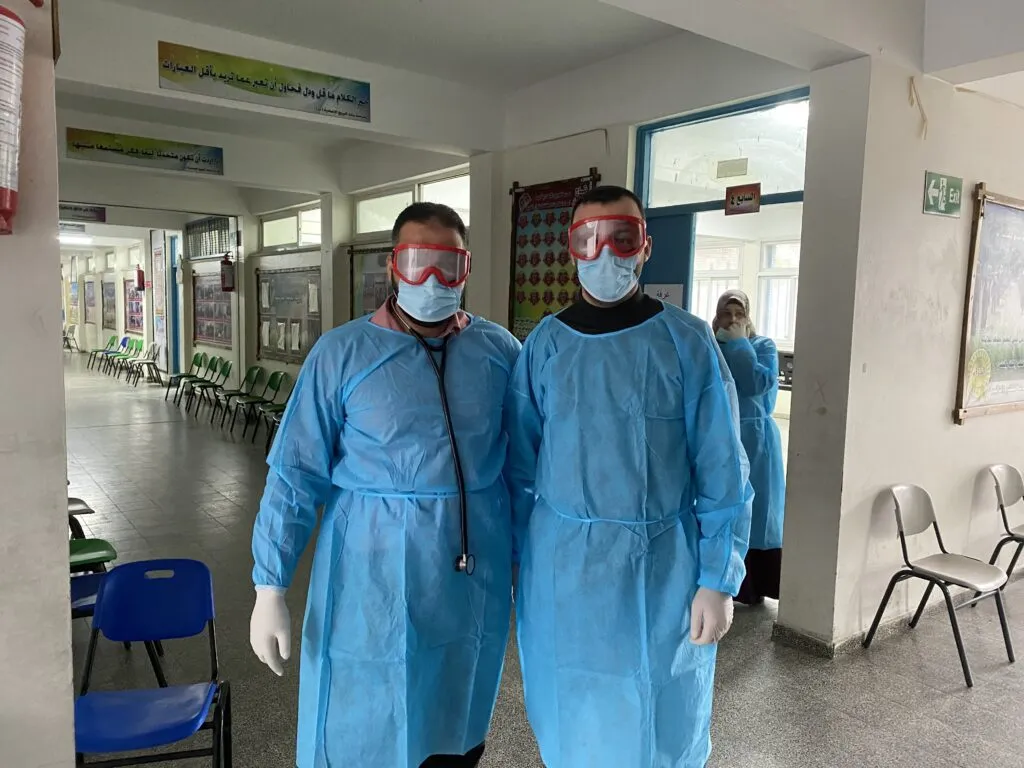Increasing health system resilience during the Syria crisis

There is little evidence on the resilience of health systems in humanitarian crisis response. This study sought to address this evidence gap.
The study revealed the challenges to UNRWA health systems in the face of disruptions caused by the Syrian crisis and resulting displacement of Palestinian refugees living in Syria. While the study found the UNRWA health systems in Lebanon, Jordan and Syria to have been broadly resilient over the course of the Syrian crisis, the findings enabled UNRWA to identify capacities relevant to further strengthening resilience and to develop provision accordingly. The research informed a follow-on study with UNRWA focused on resilience in response to COVID-19 in Gaza and Lebanon. The team at Queen Margaret University has since been commissioned to provide similar support to the World Health Organization (WHO). Learning from this study has influenced an international research consortium that examines systems resilience across Sierra Leone, Nepal, Myanmar and Lebanon.
R2HC captures detailed case studies through a process that triangulates and validates evidence on uptake and impact. The case study methodology and full version of this summary case study including references are available on request. Outputs and resources from the study are available on the project page.